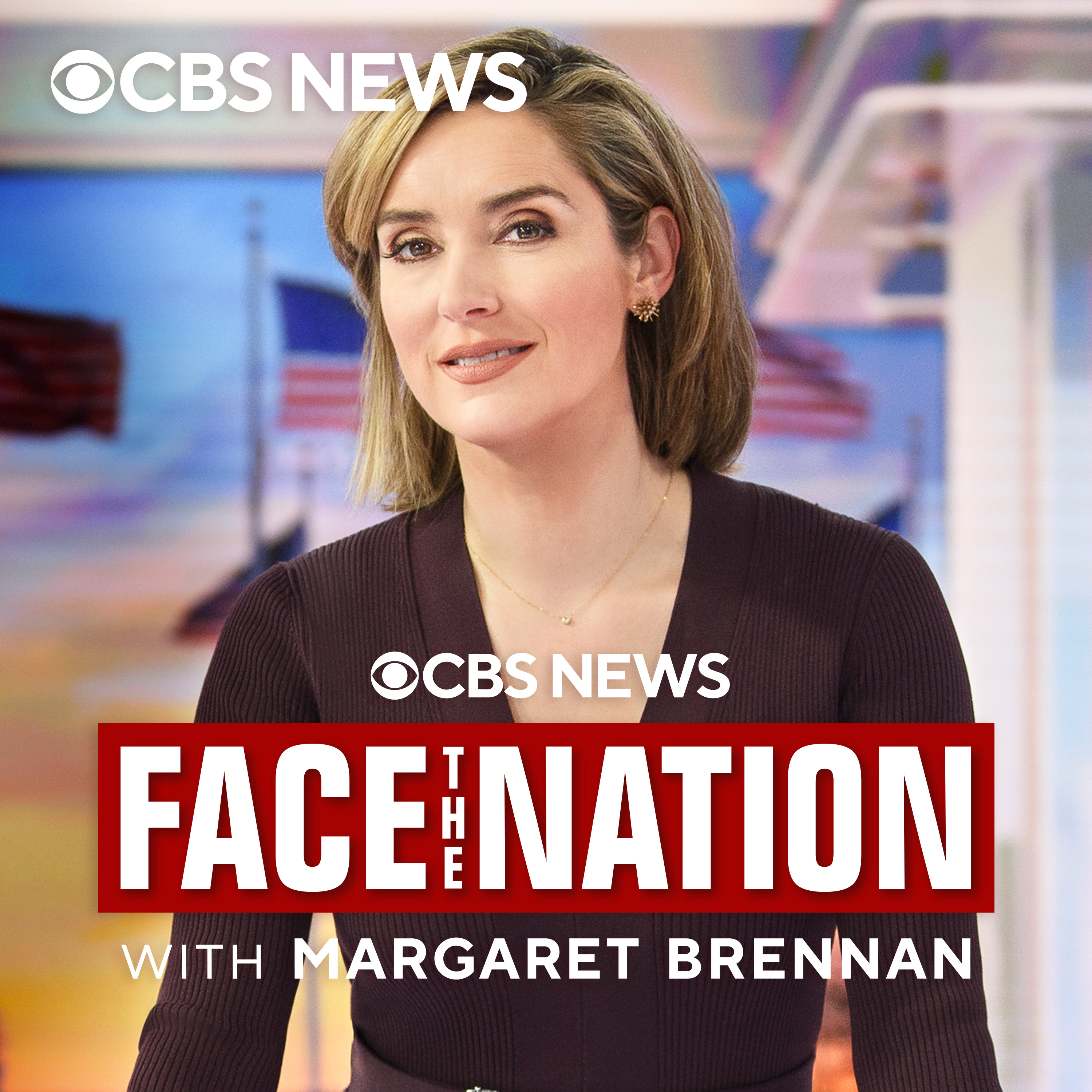
Year in Review with CBS News Correspondents, David Rubenstein, Dr. Leana Wen

Face the Nation with Margaret Brennan
Deep Dive
What challenges does Speaker Mike Johnson face in seeking re-election as Speaker of the House?
Mike Johnson faces a tenuous position with a narrow Republican majority in the House, leaving him with only one or two votes to spare. The process of choosing a speaker could be highly dramatic and potentially paralyzing, as seen in the past. Additionally, he may need to make significant concessions to secure the position, which could lead to gridlock in the House.
Why is President-elect Trump remaining silent on the House Speaker election?
President-elect Trump is maintaining a low-key approach, guided by his incoming chief of staff, Suzy Wiles. This calm atmosphere contrasts with the high drama of his 2016 transition. Trump is focused on preparing for his 2025 agenda, including tax cuts and mass deportations, and is comfortable with his team and the power dynamics.
What are President Biden's plans in the final days of his presidency?
President Biden is taking a final foreign trip to the Vatican to meet with the Pope and Italian leadership. He is also expected to issue more pardons and clemencies, potentially including notable political figures like Jesse Jackson Jr. Biden is using his executive privileges to address issues like social justice and refugee flows.
How has the Dobbs decision impacted public confidence in the Supreme Court?
The Dobbs decision, which overturned Roe v. Wade, led to significant outrage and a calculated effort by Democrats to undermine the Supreme Court's legitimacy. Public confidence in the court has dropped, with only 35% of Americans expressing confidence in the judicial system, 20% below peer countries. However, the court's public opinion remains higher than other institutions like Congress and the White House.
What role did the Dobbs decision play in the 2024 election?
While the Dobbs decision was a significant issue, voters also focused on other concerns like safety and the economy. Many women expressed their views on abortion through state ballot measures while supporting Donald Trump for his positions on immigration and the economy. The election highlighted that women voters are not monolithic and have diverse priorities.
What is the significance of the feud within the MAGA movement over H-1B visas?
The feud highlights tensions between Silicon Valley executives like Elon Musk and hard-right nativists within the MAGA movement. While Trump's coalition includes Silicon Valley supporters, his campaign's focus on mass deportations suggests he is unlikely to back away from his immigration stance due to pressure from tech billionaires.
What are the potential economic impacts of mass deportations under the Trump administration?
Mass deportations could lead to labor shortages in sectors like agriculture, construction, and meat processing, potentially driving up prices. While workers are also consumers, the economic impact will depend on the scale of deportations and how they affect specific industries.
What are the concerns about bird flu in humans?
Bird flu has been detected in mammals close to humans, with outbreaks in poultry and cattle across the U.S. A severe case in Louisiana involved a strain with mutations that make it more likely to bind to human airway receptors. The risk of reassortment with seasonal flu could create a more contagious and severe virus, posing a significant threat to public health.
What actions should the Biden administration take regarding bird flu?
The Biden administration should prioritize widespread testing and authorize the existing H5N1 vaccine to protect vulnerable populations like farmworkers. Delays in testing and vaccine deployment could lead to a public health crisis, especially if the Trump administration adopts anti-vaccine stances.
What is the economic outlook for 2025?
The U.S. economy is expected to grow at 2-2.5% in 2025, with solid momentum from 2023 and 2024. Key factors include fiscal policy, trade policy, and immigration. While mass deportations could disrupt labor markets, the overall impact of Trump's policies on trade and deregulation is expected to be neutral.
- Narrow Republican majority in the House
- Speaker election will be highly dramatic
- New Speaker will likely need to make concessions
Shownotes Transcript
This week on Face the Nation, as we close out 2024, we look ahead to the economy, health care, immigration and more as Washington ushers in a new Congress - and a new administration. We begin with our annual Face the Nation year-end correspondents' roundtable. Chief legal correspondent Jan Crawford, chief election and campaign correspondent Robert Costa, congressional correspondent Scott Macfarlane, political correspondent Caitlin Huey-Burns and senior white house and political correspondent, Ed O'Keefe give us their insight and predictions. Dr. Leana Wen, former commissioner of the Baltimore City Health Department, breaks down the latest on the rise of bird flu and what to expect on the health policy front from the incoming administration. Bank of America’s Managing Director and Senior U.S. Economist Aditya Bhave tells us what’s in store for the economy in 2025. Finally, a conversation with Carlyle Group Co-founder Dave Rubenstein on his recent book exploring the American presidency. All that and more on Face the Nation.
See Privacy Policy at https://art19.com/privacy) and California Privacy Notice at https://art19.com/privacy#do-not-sell-my-info).